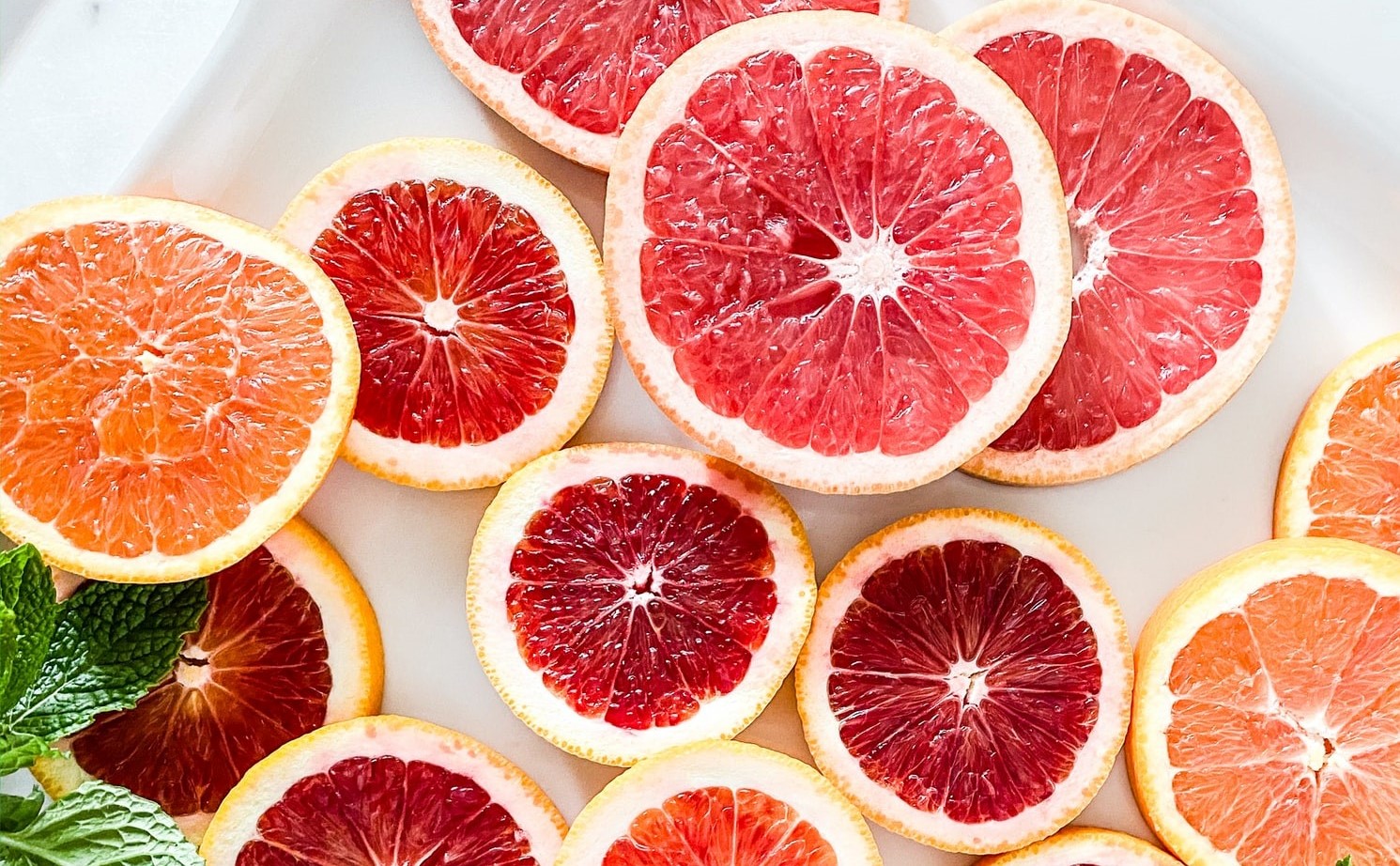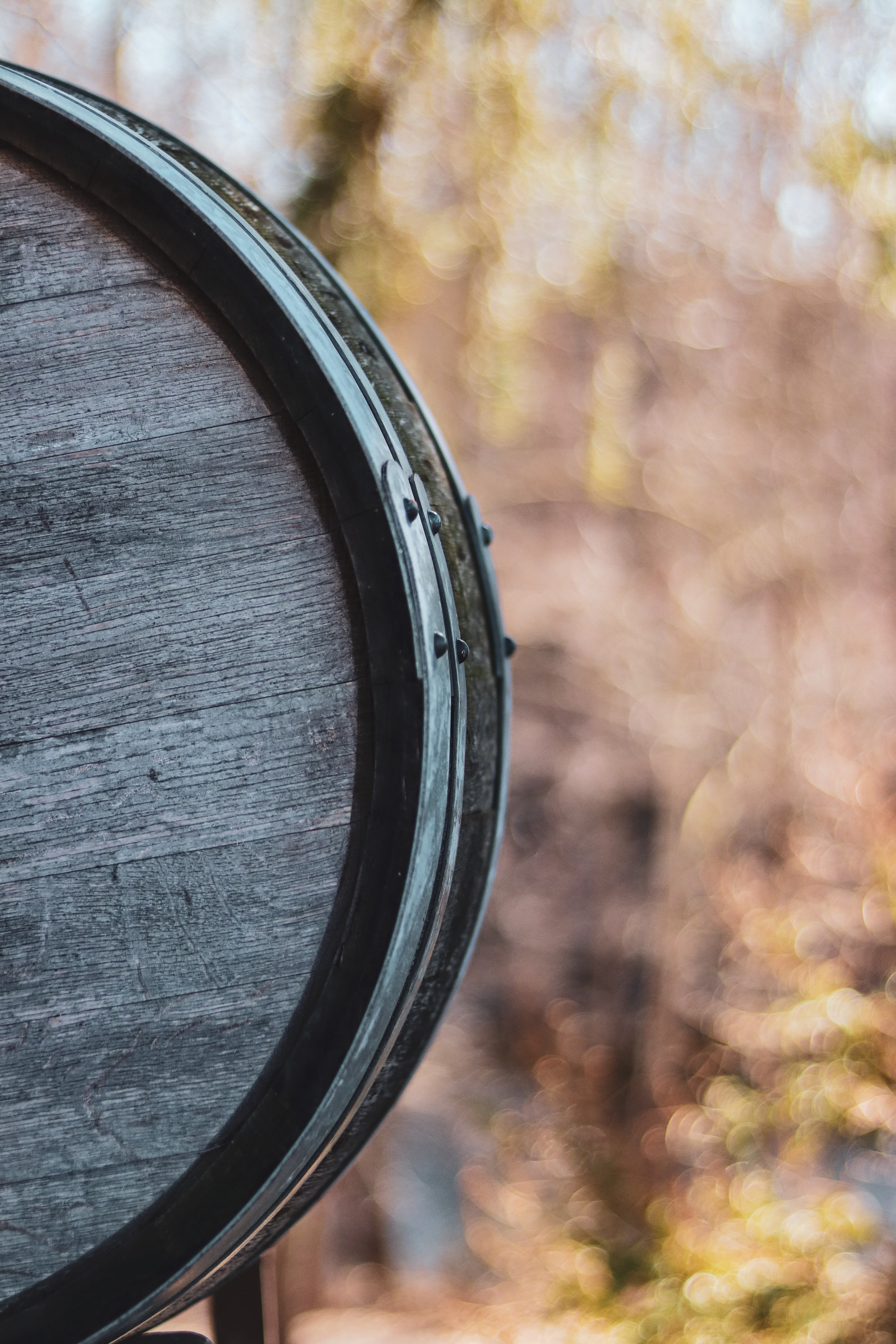Best Chardonnays From Sonoma Winemakers - Wine Tasting Activities In Sebastopol
Best Chardonnays From Sonoma Winemakers - Wine Tasting Activities In Sebastopol
Blog Article
Wineries That Host Harvest Festivals - Scenic Wineries Of Sebastopol
Visiting a winery for a wine tasting can be a fascinating experience, especially when you perceive how to maximise the opportunity with tasting notes. These notes function a guide to understanding the complexities of the wines you pattern and assist in forming a deeper reference to every pour. Using tasting notes can rework your experience, permitting you to savor not just the taste but also the story behind every bottle.
Each wine has a unique profile influenced by grape selection, terroir, and winemaking techniques. Understanding these components can improve your appreciation of the wine. When you're given a tasting menu or a flight of wines to sample, take the time to read by way of any descriptions supplied (Best Wineries For Wine Tasting In Sonoma). This initial overview can set the tone and expectations in your tasting experience.
Begin your wine tasting by observing the wine in your glass. The shade can reveal a lot concerning the wine’s age and varietal. Take notes on the hue, readability, and viscosity. A well-structured tasting note often contains this visual evaluation because it forms the inspiration of your analysis. While it may appear trivial, the visible aspect is crucial in wine tasting.
Wineries In Green Valley - Wine Tasting Activities In Sebastopol
After your visible evaluation, it's time to take a delicate whiff. Swirl the wine in your glass to aerate it, releasing its aroma. This is where tasting notes become significantly valuable. Make notes in regards to the completely different scents you detect—fruits, spices, or floral hints. Figuring Out these aromas will allow you to put words to the intrinsic complexities of the wine you may be sampling.

The next essential step is the tasting itself. Take a small sip and let the wine roll over your palate. Note the flavors you experience. Are they sweet or tart? The Place does your palate detect every flavor? Some wines could present immediate sweetness followed by a tannic end. Use your tasting notes to document these layers, creating a roadmap of your sensory experience.
Think About also the mouthfeel of the wine as you style. Is it easy, crisp, creamy, or perhaps tannic? This textural quality considerably influences the overall enjoyment and impression of the wine. Observing the mouthfeel can reveal the standard and craftsmanship behind the winemaking process.
It Is useful to compare completely different wines as you style them. If you're sampling a flight with contrasting varietals, make an observation of the differences you understand. How does the acidity differ from one wine to another? Which wine feels fuller, and which is extra refreshing? This comparative exercise deepens your understanding and helps sharpen your analytical skills.
Wineries Near Sonoma Square - Sebastopol Wine Country

Have Interaction with the winery employees whereas tasting. Educated hosts typically share insights about the vineyard's history, the specific vintage, or the winemaking philosophy, enriching your appreciation of the wine. Do Not hesitate to ask questions that pique your interest based mostly in your tasting notes. Many hosts get pleasure from try this out discussing their wines and might provide a wealth of information that isn’t readily available from printed supplies. Wineries Showcasing Local Art And Crafts.
Maintain in thoughts the seasonality of wines as you taste. Different wines evoke diversified moods and pair properly with distinct culinary experiences. Take notes on how you would possibly get pleasure from a specific wine with food. This not only provides context to your tasting notes but additionally aids future alternatives and purchases.
Another useful tip while using tasting notes at a winery is to report your impressions instantly. As wines can blend and create a uniform flavor reminiscence, jotting down your thoughts promptly ensures a more correct reflection of your experience. Use adjectives that resonate with you, crafting a personal vocabulary to explain each wine based in your preferences.
After finishing the tasting, review the notes you’ve taken. Replicate on which wines stood out to you and why. This reflection reinforces your tasting experience and highlights what you might seek in future purchases. If you've got famous specific aromas or flavors that captivated you, this info empowers you to choose out wines that align with your palate.
Small Batch Wineries In Sonoma Valley - Sonoma Wine Tastings
Wine tasting can also serve as an opportunity for socializing. Sharing your tasting notes with companions can ignite participating discussions on flavors, preferences, and impressions. This communal aspect of wine tasting often enhances the experience, cementing lasting recollections you could recall with a cup of wine in hand.
In conclusion, using tasting notes at a winery wine tasting can significantly improve your experience. By observing the visible aspects, aromas, flavors, mouthfeel, and even the stories behind the wines, you create a rich tapestry of notes that can guide your future wine experiences. Engaging with the workers, comparing wines, and reflecting on your impressions will deepen your appreciation for the art of winemaking. Each tasting is an opportunity to find and connect with wines in exciting new ways. With practice, your tasting notes will evolve, changing into a cherished component of your wine journey.
Wine Tasting Tours In Russian River Valley - Tasting Experiences In Sebastopol Vineyards
- Start by familiarizing your self with the winery's tasting notes; they often describe the wine’s aroma, flavor profile, and end, offering a useful framework.
- Use your senses of sight and scent before tasting; swirl the wine in your glass, observe its color, and inhale its bouquet to seize the wine's preliminary traits.
- When tasting, take a small sip and let the wine coat your palate; concentrate on the first flavors and any secondary notes that will emerge, corresponding to fruit, spice, or earthiness.
- Pay consideration to the feel and mouthfeel of the wine; is it smooth, tannic, creamy, or crisp? This aspect can considerably improve your understanding of the wine.
- Evaluate the tasting notes with your sensory experience, noting any similarities or discrepancies, which can deepen your appreciation of each wine’s complexity.
- Consider the wine’s growing older potential by analyzing its structure and balance; some wines could also be pleasant now, while others might evolve superbly over time.
- Take notes in the course of the tasting; recording your impressions may help you remember each wine better and refine your palate for future tastings.
- Engage with the tasting staff; ask questions about the wine manufacturing course of, grape varieties, and the precise notes you're detecting to enhance your knowledge and experience.
- Discover pairing recommendations alongside your tasting; understanding which foods complement the wine can enrich each the tasting experience and your appreciation for the wine's nuances.
- Respect various preferences among your group; wine tasting is subjective, and encouraging open dialogue about particular person tastes can lead to a extra pleasant and informative experience.undefinedWhat are tasting notes, and why are they important at a wine tasting?undefinedTasting notes are descriptions of the flavors, aromas, and overall impressions of a wine. They are necessary because they guide your palate and enhance your understanding of the wine's traits, helping you respect totally different varieties and styles.
How ought to I take notes throughout a wine tasting?undefinedYou should concentrate on key parts corresponding to aroma, flavor, body, acidity, and finish. Use a structured format or template to categorize your ideas and write down your impressions immediately after tasting. This helps you keep in mind your ideas view it now later.
Can I use my own words to explain a wine, or ought to I stick to plain tasting terms?undefinedYou can absolutely use your personal words to explain a wine. While normal tasting terms might help convey particular qualities, personal descriptors add authenticity to your notes and may make your wine experience more pleasant and relatable.
Should I give attention to specific flavors within the wine or the general experience?undefinedBoth aspects are important. Whereas particular flavors help you identify the distinctive traits of a wine, the overall experience encompasses how all parts combine—creating a extra holistic understanding of the wine.
Wineries Offering Virtual Wine Tastings - Enjoying A Vineyard In Sonoma
What if I cannot identify certain aromas or flavors during a tasting?undefinedIt’s frequent to have problem figuring out specific tastes or scents. Don’t hesitate to ask for help or steerage from the employees on the winery. They can present insights and help refine your palate over time via practice.
How can I use tasting notes to decide on wines within the future?undefinedBy reviewing your tasting notes, you can determine your preferences and tendencies in your wine selections. This allows you to choose wines that align with your palate in future tastings and purchases, making your experience more pleasant.
Is it appropriate to match wines throughout a tasting?undefinedSure, comparing wines could be helpful. It helps spotlight the differences in flavor profiles and attributes, allowing you to develop a deeper appreciation and understanding of every wine's distinctive qualities.
What should I do if I disagree with the tasting notes supplied by the winery staff?undefinedDisagreement is a natural part of wine tasting! Use it as a possibility to debate your impressions with the employees; they'll provide further context or details about the wine, which may enrich your experience.
Rustic Family-Owned Wineries In Sebastopol - Best Wineries For Wine Tasting Sonoma Area
How should I manage my tasting notes after the event?undefinedAfter the tasting, organize your notes by wine sort, producer, or personal desire. Consider creating a digital or bodily journal which could be referenced for future tastings and wine choices, making it simpler to recall your experiences. Report this page